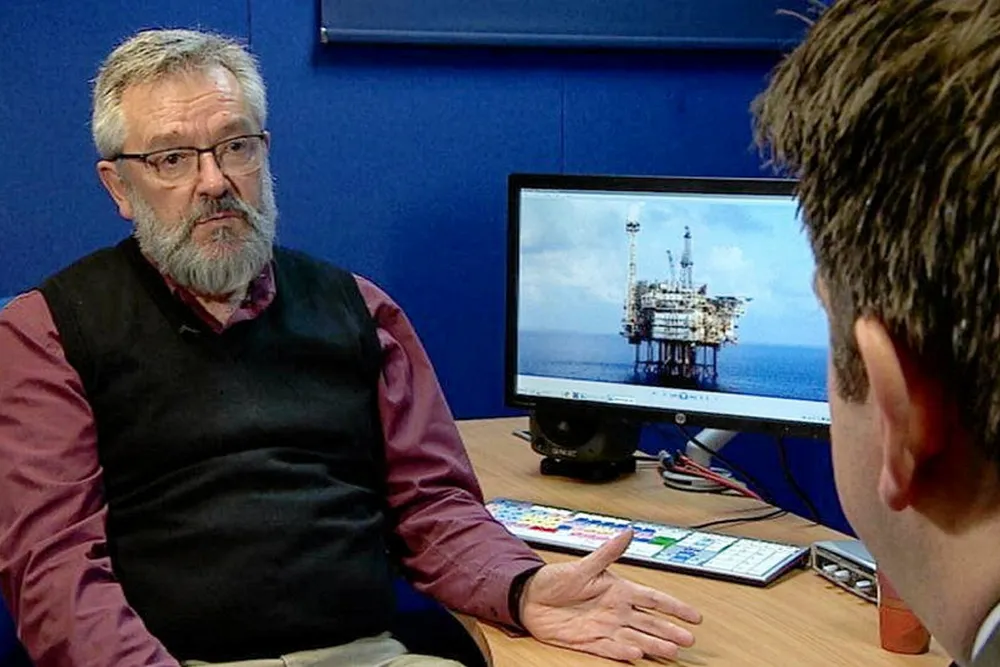OPINION | The now-scrapped Redcar hydrogen heating trial was a failure of project management and government oversight
And how can any future decisions be made on H2 heating when the only remaining UK trial in Fife is not even testing the use of hydrogen in the gas network? asks Tom Baxter
